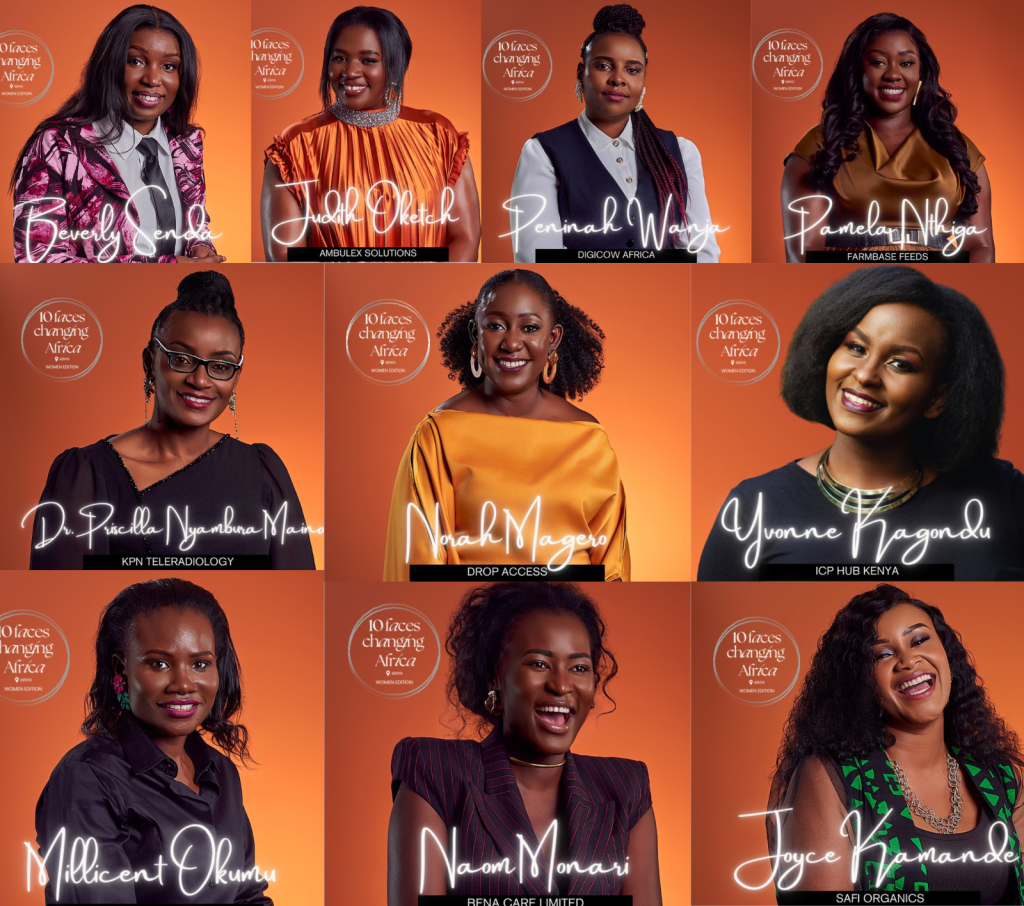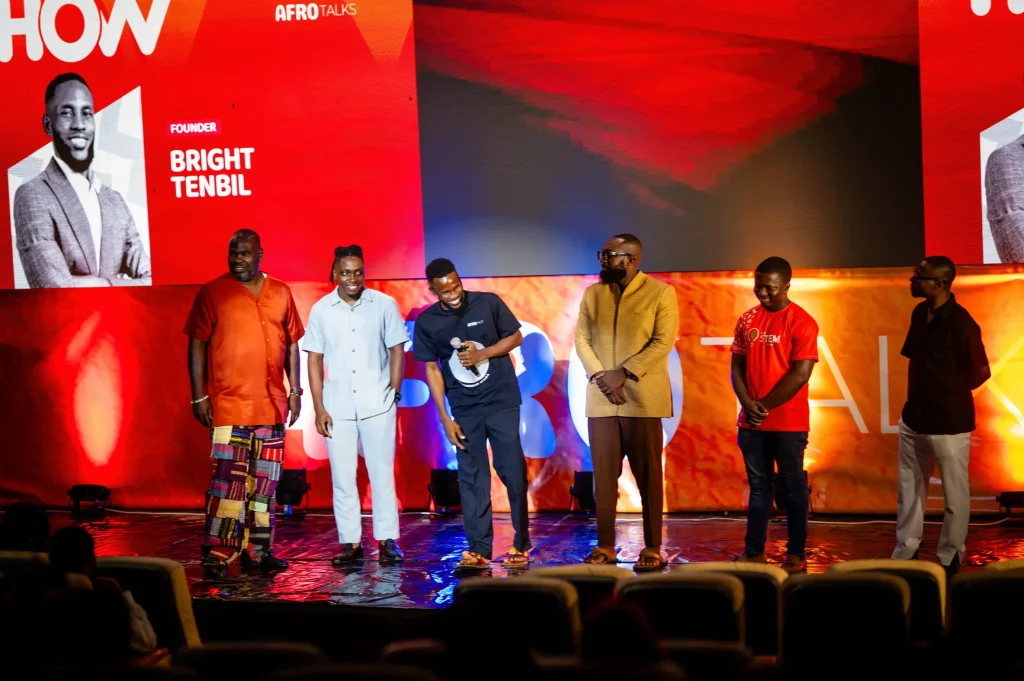In modern business, who really drives the future—those with money, or those with networks?
Executive Summary: The New Power Dynamic
For centuries, capital ruled. The wealthy dictated markets, controlled resources, and set the terms of enterprise. But in 2025, a tectonic shift is underway. Influence—the ability to mobilize trust, attention, and networks—has become the scarcer, more strategic asset.
Nowhere is this shift more vividly illustrated than in Africa, where a new generation of moguls is proving that influence, when engineered with intention, can outpace and even command capital. These leaders didn’t inherit fortunes or wait for venture checks. They built empires by leveraging cultural credibility, community trust, and digital reach—then used that influence to attract, shape, and scale capital on their own terms.
This feature explores the power equation through three archetypal African moguls whose journeys reveal a universal truth: in an age of algorithmic attention and stakeholder capitalism, networks are the new net worth.
“Money opens doors. Influence builds the house.”
— Adapted from Iyinoluwa Aboyeji, Co-founder, Flutterwave
I. The Old Equation: Wealth as Gatekeeper
Traditionally, wealth was the prerequisite for influence. You needed capital to access media, distribution, talent, and policy circles. Influence was a byproduct of scale—a luxury afforded to those who had already won.
But this model assumed stable institutions, linear markets, and gatekept attention—conditions that no longer hold. Today, a viral TikTok can move markets. A trusted community leader can derail a $500M mining project. A diaspora creator can redirect foreign direct investment.
In this new reality, influence is the first mover—and wealth, the follower.
II. Case Study 1: Strive Masiyiwa — Influence as Political Capital
From: Telecom activist in 1990s Zimbabwe
To: Billionaire founder of Econet Wireless, Cassava Technologies, and the Higherlife Foundation
When Robert Mugabe’s government denied Masiyiwa a telecom license in 1993, he didn’t retreat. He took his case to the Supreme Court—and won. But his real power wasn’t legal; it was moral and communal. He framed his fight as one for national progress, not personal profit, galvanizing public support across Africa.
That influence became his first asset. It attracted diaspora investors, global tech partners, and eventually, capital from institutions that had previously deemed Zimbabwe “too risky.”
The Power Insight:
Masiyiwa didn’t need money to start—he needed legitimacy. Once he had influence, capital flowed to him on his terms.
Today, his ecosystem spans fintech (EcoCash), cloud infrastructure (Cassava), and education—proving that influence, once institutionalized, compounds like equity.
III. Case Study 2: Tems — From Voice to Venture
From: Independent R&B singer in Lagos
To: Grammy-winning artist, founder of The Temple creative agency, and equity owner of her master recordings
Tems’ rise wasn’t fueled by a major label advance. It began with a SoundCloud upload, then a feature on Wizkid’s “Essence”—a track that became a global anthem. But instead of signing a traditional deal, she retained ownership of her music and built her own creative infrastructure.
Her influence—rooted in authenticity, vocal artistry, and Gen Z resonance—became her negotiating leverage. Brands like Louis Vuitton and Apple didn’t just sponsor her; they co-created with her, recognizing her as a cultural architect, not a billboard.
In 2024, she launched The Temple, a full-service creative agency representing African artists who refuse exploitative contracts. Her empire isn’t built on tour revenue—it’s built on IP ownership and influence arbitrage.
The Power Insight:
In the attention economy, the creator who owns their audience owns the value chain.
IV. Case Study 3: Jason Njoku — Influence as Distribution
From: Nigerian-British entrepreneur with $15K in savings
To: Founder of iROKOtv, “Netflix of Nollywood,” valued at $100M+
In 2010, Nollywood films were pirated on street corners. Studios earned pennies. Njoku saw an opportunity—but he had no content library, no servers, and no Hollywood backing.
What he had was cultural fluency and network trust. He convinced top Nollywood producers to digitize their films by promising fair revenue shares and global reach—a radical idea at the time. His pitch wasn’t financial; it was relational: “I’m one of you. I’ll protect your work.”
That trust became his distribution network. Within two years, iROKOtv had 750,000+ subscribers across Africa and the diaspora. Only then did Sequoia Capital and Tiger Global invest—not to build the business, but to scale an influence engine already in motion.
The Power Insight:
In fragmented markets, trust is the ultimate logistics layer.
V. The Power Equation Decoded: Influence × Leverage = Empire
These moguls reveal a new formula for 21st-century power:
| Capital → Influence → Scale | Influence → Leverage → Capital → Ecosystem |
Key dynamics:
- Influence attracts capital—not the reverse.
- Networks de-risk investment in volatile markets.
- Cultural credibility is harder to replicate than financial muscle.
As Lagos-based VC Eloho Omame notes: “We don’t fund ideas. We fund founders with influence—their ability to pull talent, customers, and partners is our leading indicator of success.”
VI. The Global Relevance: Why This Matters Beyond Africa
Africa’s power equation is a preview of the global future:
- In the U.S., creators like MrBeast build billion-dollar empires without traditional media backing.
- In Europe, climate activists shape ESG policy more than lobbyists.
- In Asia, K-pop fandoms drive stock prices of entertainment conglomerates.
The common thread? Influence is the new infrastructure.
For global CEOs and investors, the lesson is clear:
Don’t just assess balance sheets—audit influence networks.
Who do they trust? Who follows them? What ecosystems do they activate?
Those metrics now predict resilience, scalability, and long-term value better than cash reserves alone.
Conclusion: The Rise of the Influence Architect
The moguls reshaping Africa—and, by extension, the world—are not just wealthy. They are influence architects. They understand that in an era of decentralized attention, distributed trust, and stakeholder scrutiny, real power lies in the ability to convene, inspire, and co-create.
Money remains essential—but it is no longer sovereign.
Influence is the currency that commands it.
And in 2025, the most valuable portfolios won’t just hold assets.
They’ll hold alliances, audiences, and authority.
“Wealth can be borrowed. Influence must be earned. And only influence builds legacies.”
Sidebar: The Influence-to-Wealth Multiplier Index (2025)
Oasis Intelligence analysis of 100 high-growth African ventures
| Founder’s Traits | Funding Success Rate | 5-Year Survival | Avg. Valuation Premium |
|---|---|---|---|
| High community trust score | 82% | 76% | +3.2x |
| Owns core IP + audience | 78% | 81% | +4.1x |
| Capital-first (no network) | 41% | 39% | Baseline |
Methodology: Trust measured via stakeholder surveys, social sentiment, and partnership density.





